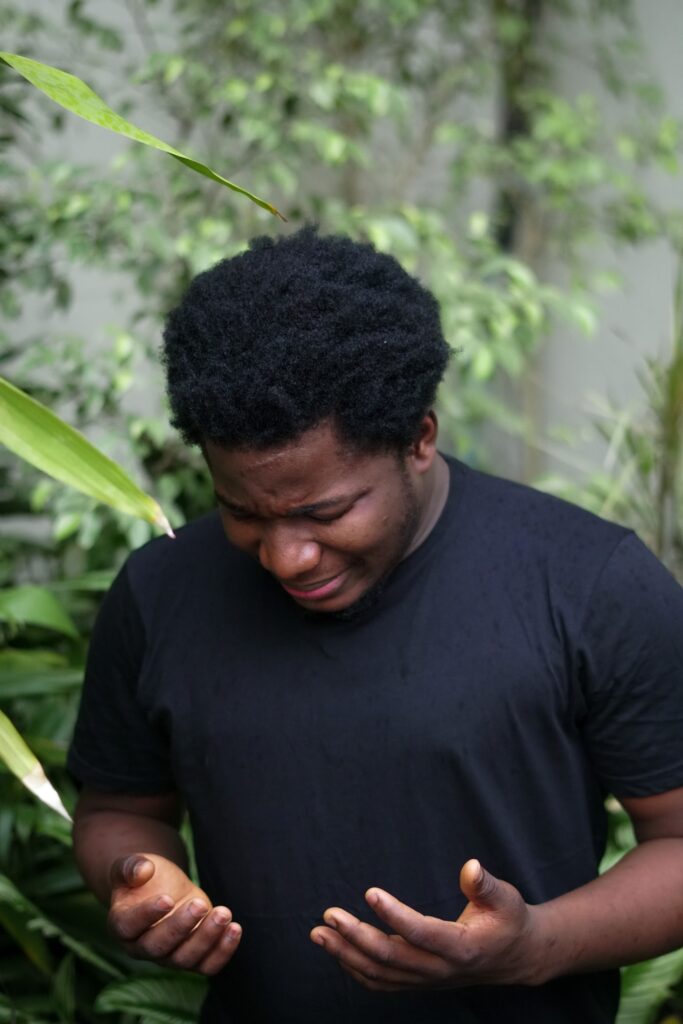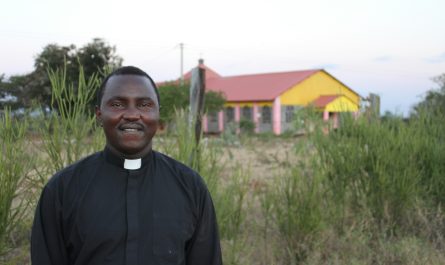
During my son’s delivery last year, I listened to the medics having a very interesting discussion. It’s a strange place to be in surgery, where you are awake but cannot feel or see the work being done on you. My doctor encouraged me to contribute to the discussions to ensure I stayed alert, considering the medication I had received.
So, the anesthetist started a discussion about how he had a patient who was super scared of surgery. He even had to abort the mission when already in the theatre because of how anxious the patient was. The patient felt it essential to talk with their pastor about the surgery.
When it finally happened, the pastor accompanied the patient to the hospital. The anesthetist thought it extremely ridiculous that the pastor would be involved in the health matters of his congregant.
My doctor and I looked at each other and smiled. He knew my husband was a pastor, so he must have been wondering if I would comment. I opted not to and worked really hard not to laugh out loud. Was I going to rattle the guy who had just put half of my body to sleep? I think not!
So, should your pastor be involved in your health decisions? Is that level of dependence acceptable?

I understand the anesthetist’s point of view. I mean, we have hardly recovered from the disaster of religious extremism that took place in Shakahola and the dangers of reliance on a misguided “spiritual leader”. We are all familiar with one story or another of someone who has been taken advantage of by a religious leader. I have often been upset when I hear stories of pastors taking advantage of believers.
However, I have since learned it’s not a Christian-only problem. Recently, I watched a BBC exposé of Islamic faith healers who sexually abused female believers. It is an issue of power rather than faith. We must be extremely careful under whose leadership we submit to, especially spiritually.
I grew up in the Presbyterian church. I was explaining to a friend recently that we received a card that the Reverend or elder would sign after each Holy Communion service. Also, when tithing, you would write your details on the envelope, so they knew who had given what — it was also recorded somewhere. When someone needed a particular rite conducted, say a funeral or wedding, the church would refer to their records on tithing or the communion card to ensure that you were indeed a member deserving of the church’s support. I understand an almost similar approach works (or worked) in the Anglican Church.
I remember one funeral my husband was called upon to conduct in Limuru. Though the departed’s wife was an active congregant in one church in the neighborhood, her pastor could not conduct the funeral because her husband had not been participating in the necessary practices in the church. I found it extremely sad because I imagine the widow would have appreciated her pastor’s presence and support rather than be reminded of her husband’s deviance. Nevertheless, it is the way of the church, and she possibly did not give it as much thought as I did.
Personally, I was never close to any pastor. I did not have one on speed dial in a moment of crisis. The one pastor I was sort of close to let me down miserably. But in general, I feared that pastors could read my life story in my eyes or my thoughts and deem me a lost cause!
However, by being married to a pastor, I have seen what having pastoral support can mean for a believer in a difficult time — especially when one feels they did not have to fulfill any pre-requisites to receive that support.
So yes, I also understand the need for a patient to have some form of spiritual support to make a decision about surgery. The anesthetist may not have considered that the fear might not have so much to do with the medical procedure but the state of mind that his patient was in and that this first port of call for psychosocial support was his pastor. The surgery happened and was successful, and the patient got the treatment they needed.
Whether you need to present cards or forms to identify yourself as a church member or not, I would encourage you to get to know your pastor at least by name, exchange numbers, and say hello from time to time to him after service. You never know when you will need a pep talk before surgery. It helps if you do not have to introduce yourself in the middle of that SOS call. Can you imagine being in the operating room and needing your pastor but having first to introduce yourself?




Thanks Dear wife for speaking out for us as the Pastoral fraternity. We are humans and not super humans as many want to believe. We need our congregants support and care just as much as they need ours in time of celebration or challenges of life.
An amazing piece of writing. God Bless You Purity.